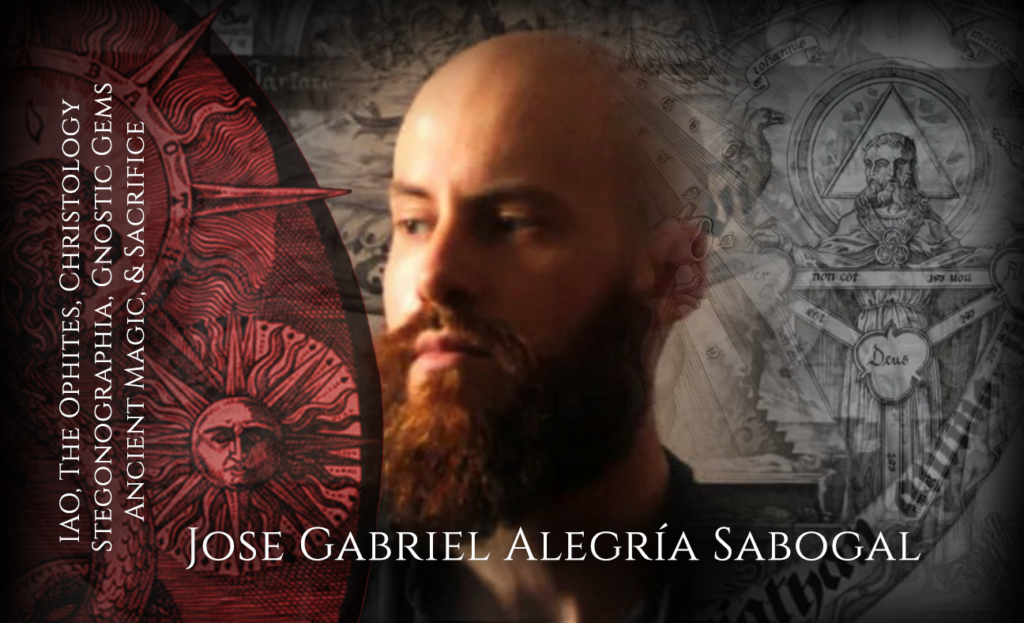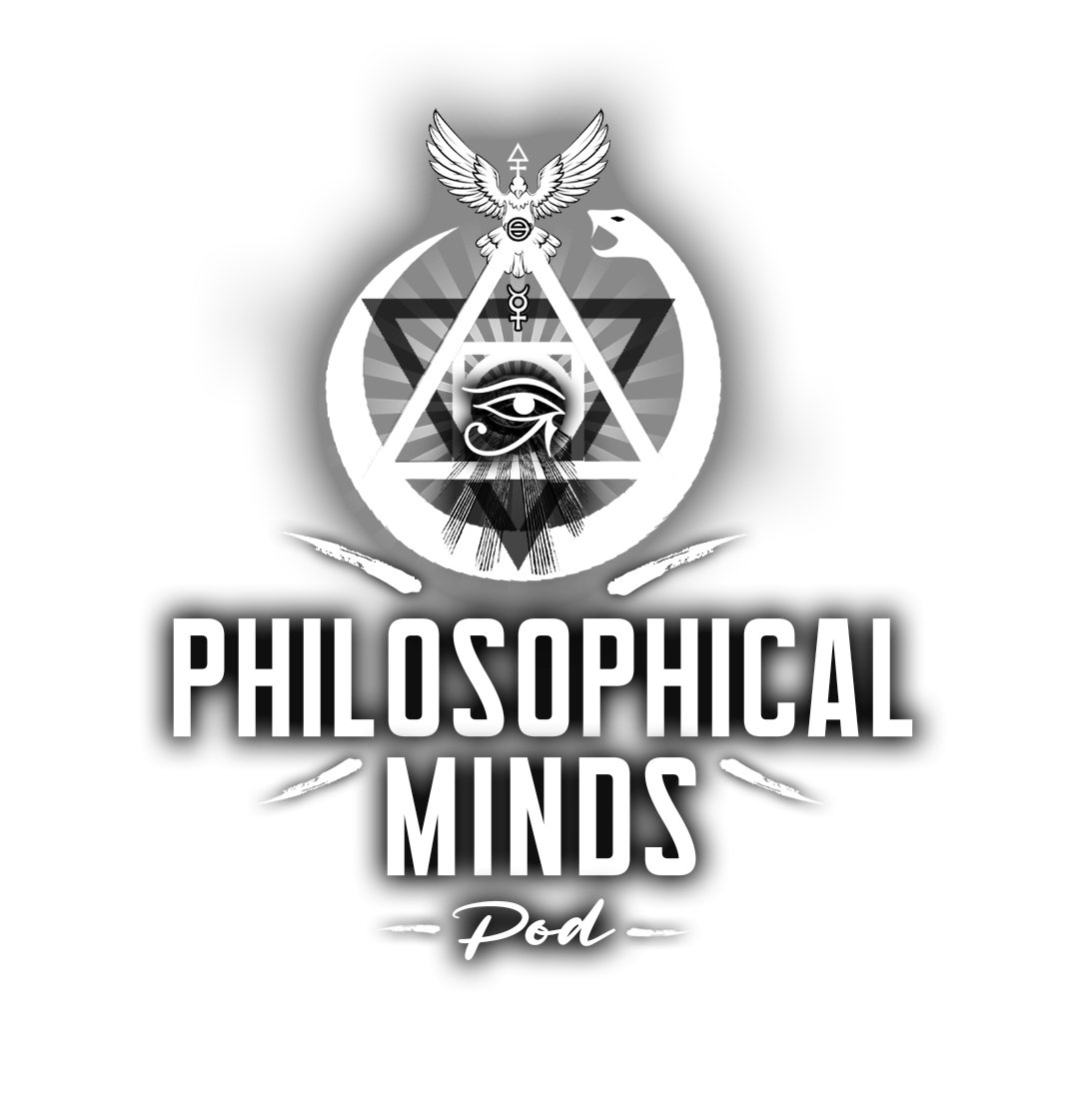Drew Mackinnon Podcast 112
Occult Podcast
Occultism: The Veil of Hidden Knowledge
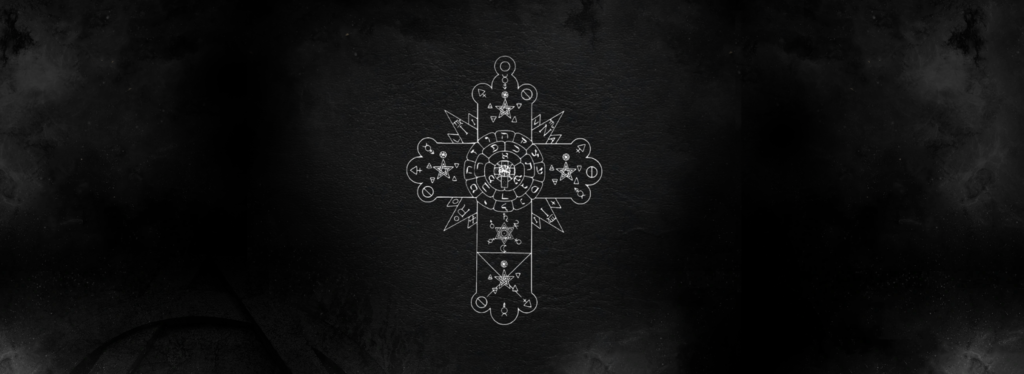
The term ‘occult’ has often been met with apprehension and misunderstanding. Derived from the Latin ‘occultus,’ meaning ‘hidden,’ it refers to knowledge and practices that lie beyond the reach of ordinary perception, accessible only to those who seek with earnest intent. The world of occultism is a realm of profound mystery, where the unseen forces that govern the universe are studied and harnessed by those initiated into its secrets.
Occultism, at its core, is the science of the hidden aspects of nature and humanity. It encompasses a wide range of disciplines, including astrology, alchemy, ceremonial magic, and divination. These ancient arts have been practiced for millennia, passed down through secret societies and esoteric schools, each preserving the wisdom of the ages.
The study of occultism demands a rigorous discipline of both mind and spirit. It is not merely an academic pursuit but a path of inner transformation. The occultist must develop the faculties of intuition and psychic perception, cultivating an awareness that transcends the physical senses. This inner development is achieved through meditation, ritual, and the disciplined practice of magical techniques.
One of the fundamental principles of occultism is the concept of the macrocosm and the microcosm, the belief that the universe is reflected in the individual soul. This principle, echoed in the Hermetic axiom “As above, so below,” suggests that by understanding the hidden forces within oneself, one can gain insight into the workings of the cosmos. Thus, the journey of the occultist is both an exploration of the outer world and an inward quest for self-discovery.
Ceremonial magic, a central practice in occultism, involves the use of symbols, invocations, and rituals to align the practitioner with higher spiritual forces. These rituals are not mere superstitions but carefully crafted processes that draw upon the power of the subconscious mind and the universal energies. The purpose of ceremonial magic is to bring about a transformation in consciousness, enabling the magician to transcend the limitations of the mundane world and attain higher states of being.
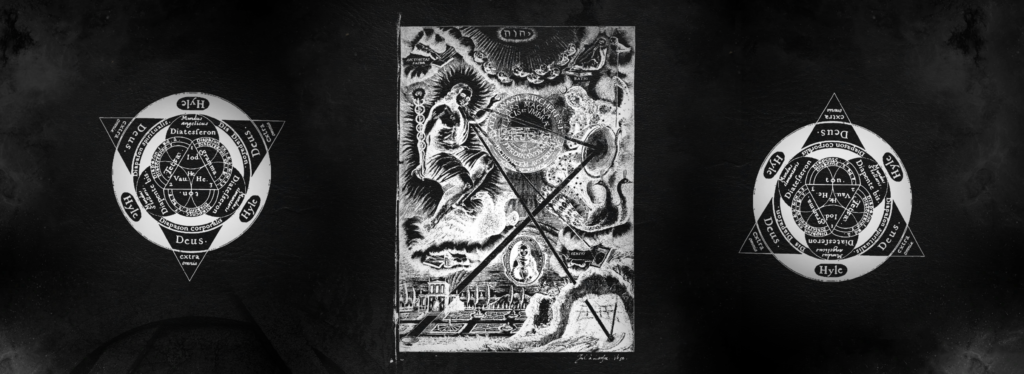
Astrology, another key aspect of occultism, is the study of the influence of celestial bodies on human affairs. Far from being a simple tool for fortune-telling, astrology offers profound insights into the character and destiny of individuals. By understanding the patterns and cycles of the stars, the occultist can discern the hidden influences that shape our lives and navigate the challenges and opportunities that arise.
Alchemy, often misunderstood as the primitive forerunner of modern chemistry, is in fact a symbolic system of spiritual transformation. The alchemist’s quest to transmute base metals into gold is an allegory for the purification and exaltation of the soul. Through the alchemical process, the occultist seeks to harmonize the elements within themselves, achieving a state of inner balance and enlightenment.
The Tarot, with its rich symbolism and archetypal imagery, is another powerful tool in the occultist’s repertoire. Each card represents a different aspect of the human experience and the spiritual journey. By meditating on these symbols and using them for divination, the occultist can gain insight into the hidden forces at play in their life and the lives of others.
The path of the occultist is not without its dangers. The pursuit of hidden knowledge requires a steadfast will and a pure heart. Those who seek power for its own sake, or who approach the occult with selfish motives, risk falling prey to the darker forces that lie beyond the veil. It is essential for the practitioner to maintain a strong ethical foundation and to seek the guidance of experienced teachers and mentors.
In the words of Dion Fortune, “The Mysteries are a system of psychic training, whereby the latent powers of the human mind are developed and brought under the control of the enlightened will, for the service of evolution.” To walk the path of the occultist is to embrace a lifelong journey of learning and growth, ever striving to unlock the hidden potentials within and to serve the greater good.
As we delve into the mysteries of the occult, let us approach with reverence and humility, ever mindful of the profound wisdom and power that lies hidden within the shadows. In seeking to lift the veil, we embark on a sacred quest, one that holds the promise of transformation and enlightenment for those who dare to tread its hidden paths.
Mark Stavish Occult Podcasts
Mark Stavish, an esoteric Freemason and acclaimed occult author, is a prominent figure in the study of Western esotericism and mystical traditions. His extensive body of work explores the intricate intersections between Freemasonry, the occult, and spiritual practices, offering a comprehensive and accessible guide to these often enigmatic subjects. Stavish’s scholarship emphasizes the historical and symbolic dimensions of esoteric traditions, providing readers with valuable insights into the transformative potential of these ancient practices. His writings are marked by a blend of academic rigor and practical application, making the profound teachings of the occult and Freemasonry both understandable and relevant to contemporary seekers.
http://www.hermeticinstitute.org/html/author.html
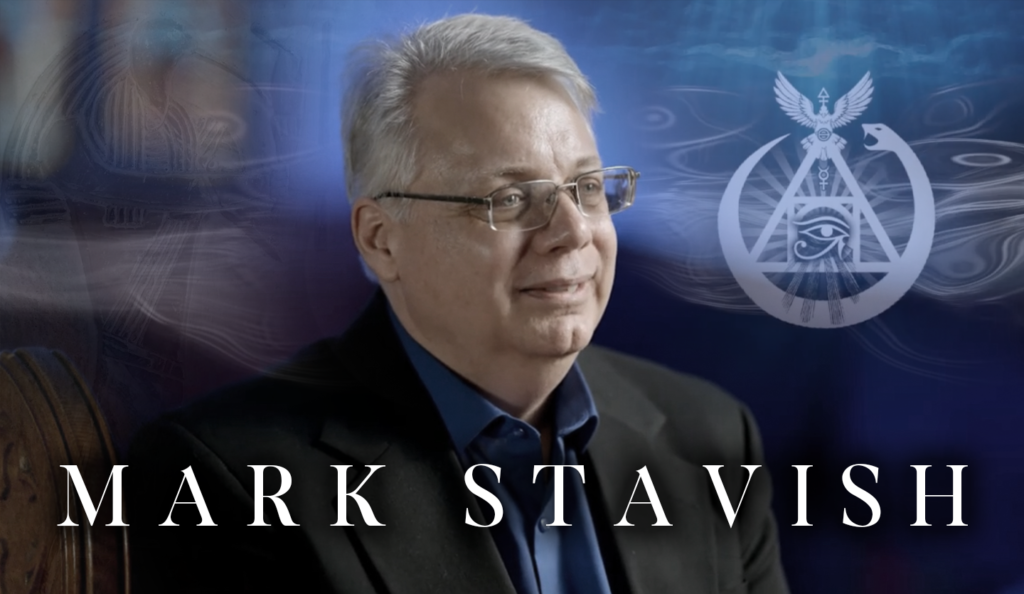
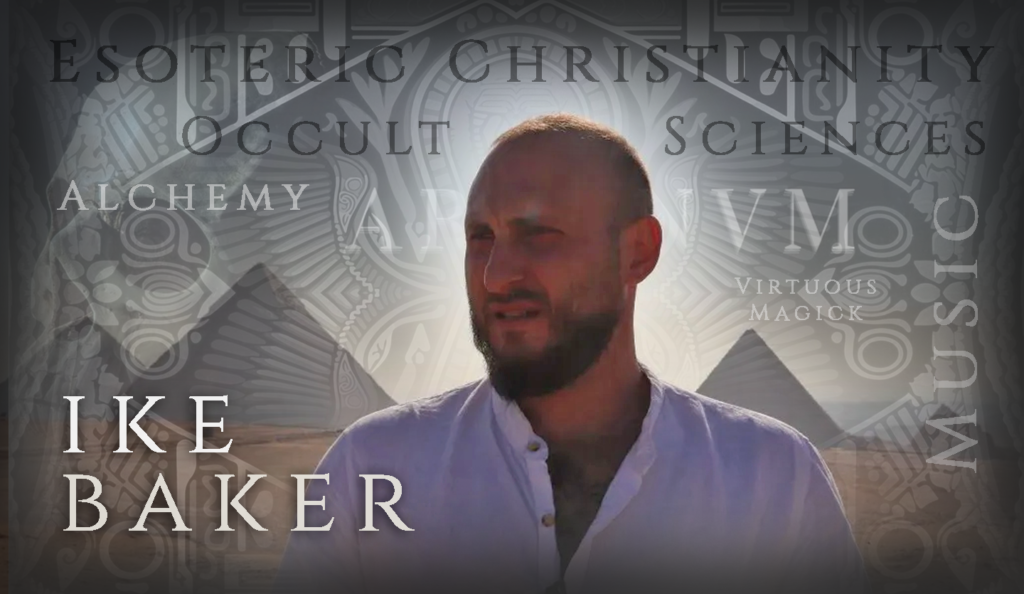
Ike Baker Occult Podcast
Ike Baker
is an author, content creator, practicing ceremonialist, and senior initiate of several lineages within the Western Esoteric Traditions, including the Hermetic Order of the Golden Dawn, the Martinist Order of America, and Blue Lodge, and York Rite Freemasonry. With 20 years of study, training, and practice, Ike is also a traveling lecturer, instructor for multiple premiere educational organizations including the Institute for Hermetic Studies, and a Temple Chief of the HOGD.
José Gabriel Alegría Sabogal
is an artist and art historian.
Born in Berlin, he currently lives and works in Lima, Perú. He studied painting at PUCP (Pontifical Catholic University of Perú) and the Universitat de Barcelona (UB). His postgraduate studies in Art History at PUCP specialized in viceregal religious art and iconography in the South Andes.
His visual work makes use of the line-technique found in renaissance copper plate engraving as applied to drawing. Both the themes and their treatment José explores are essentially anachronistic and follow the initiative of developing a symbolic language that aspires to a timeless nature.
His works have been published by Aeon Sophia Press (Netherlands), Anathema Publishing Ltd. (Canada) and Mount Abraxas (Romania).
José has also developed the visual concept for several musical albums by bands from America and Europe, amongst them Whoredom Rife (Norway) and Inferno (Czech Republic).
